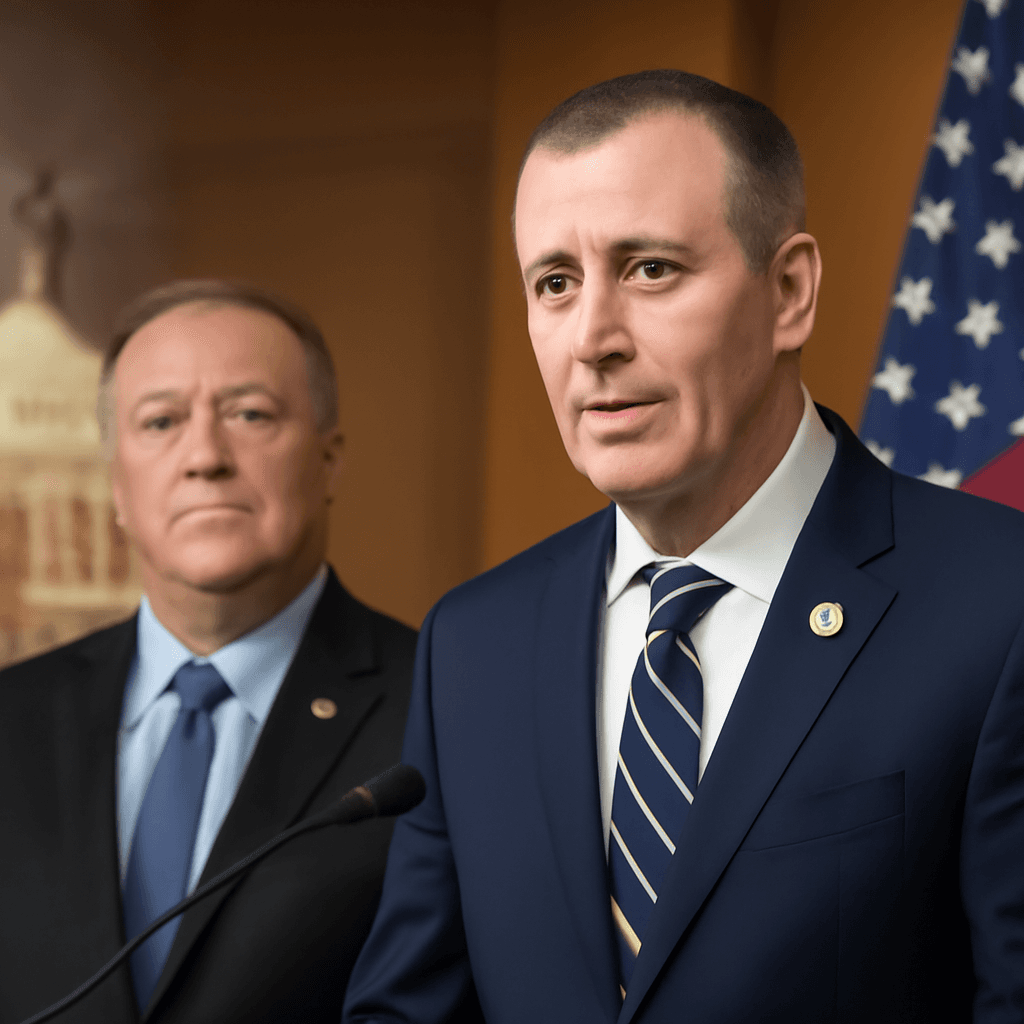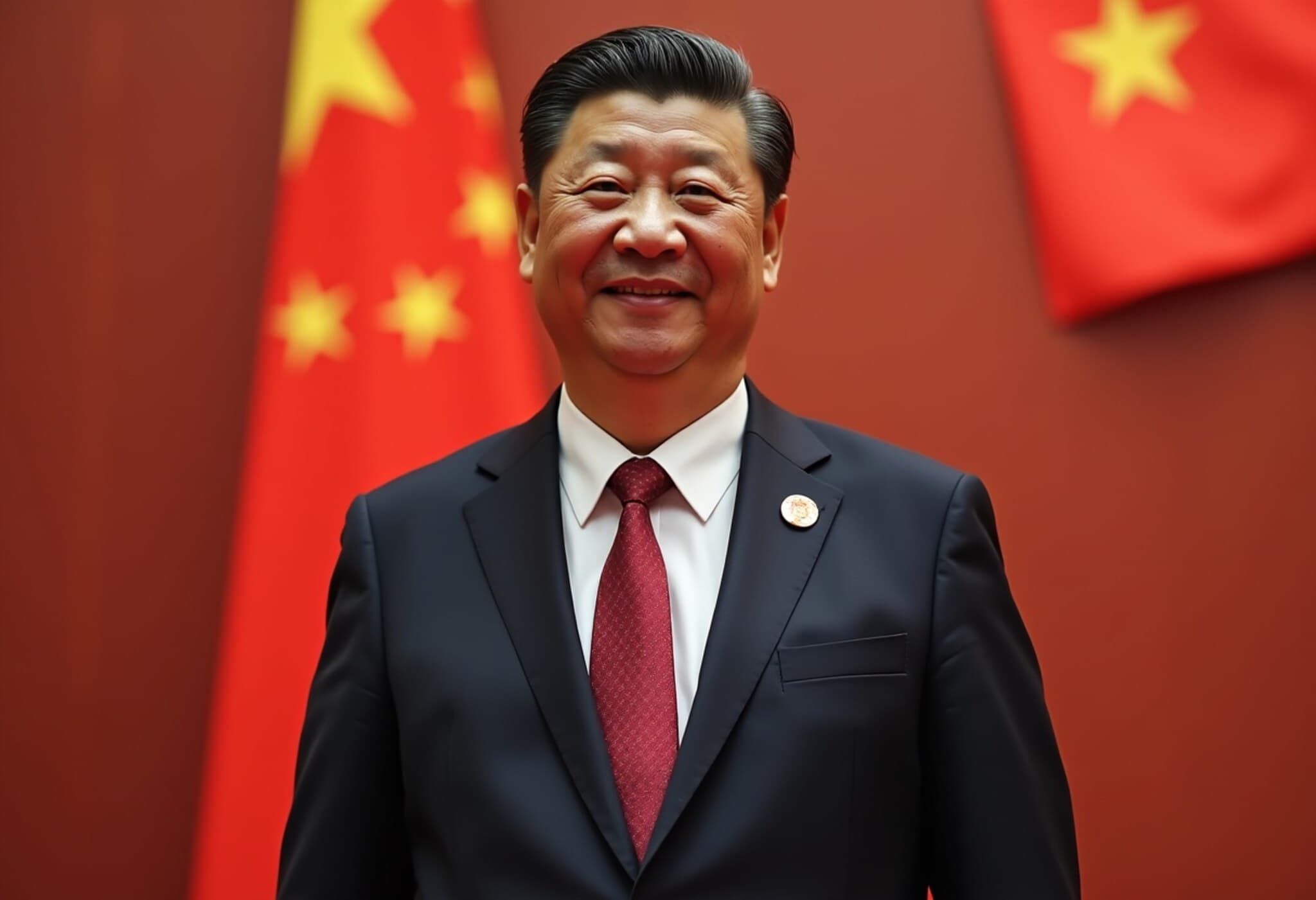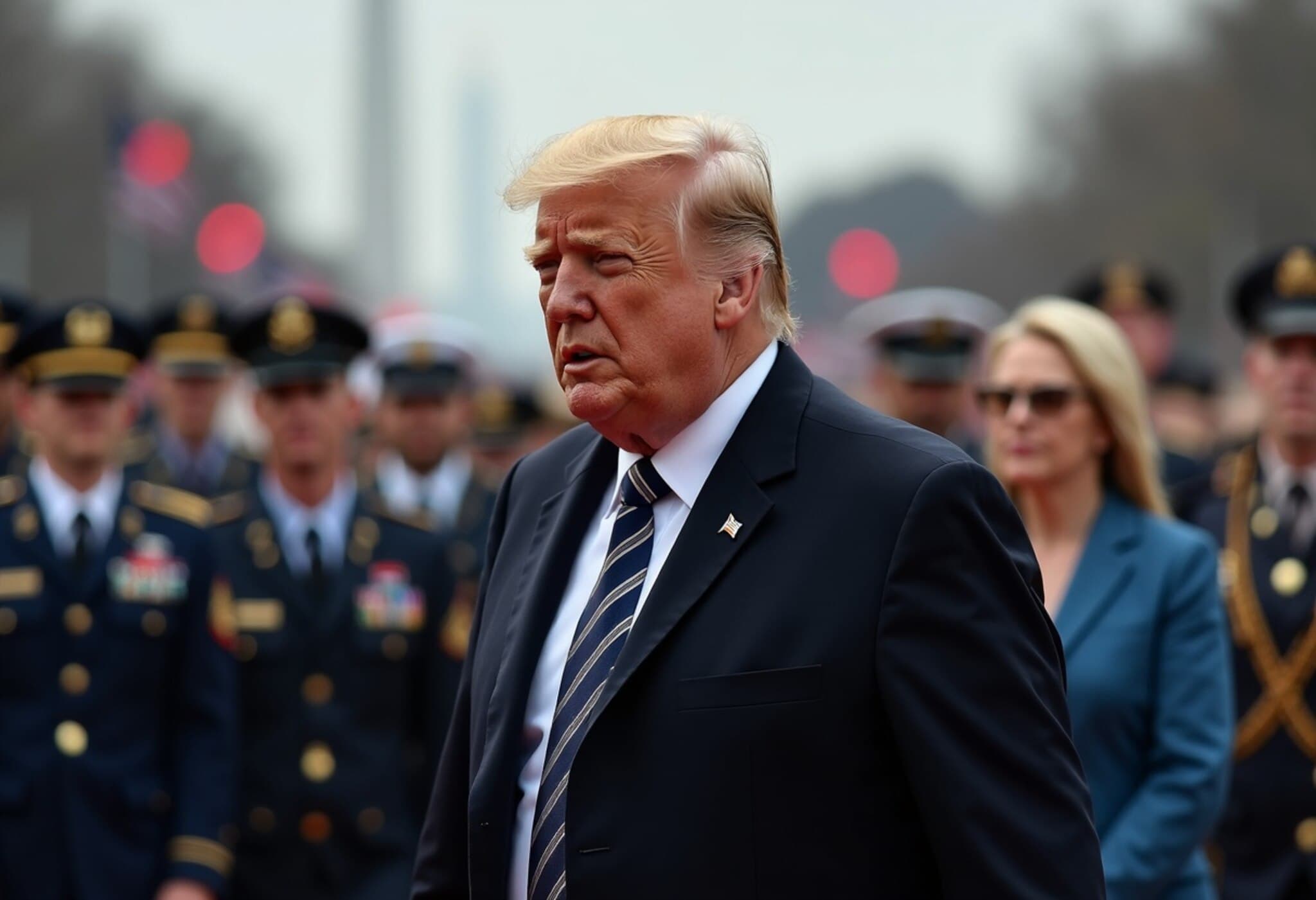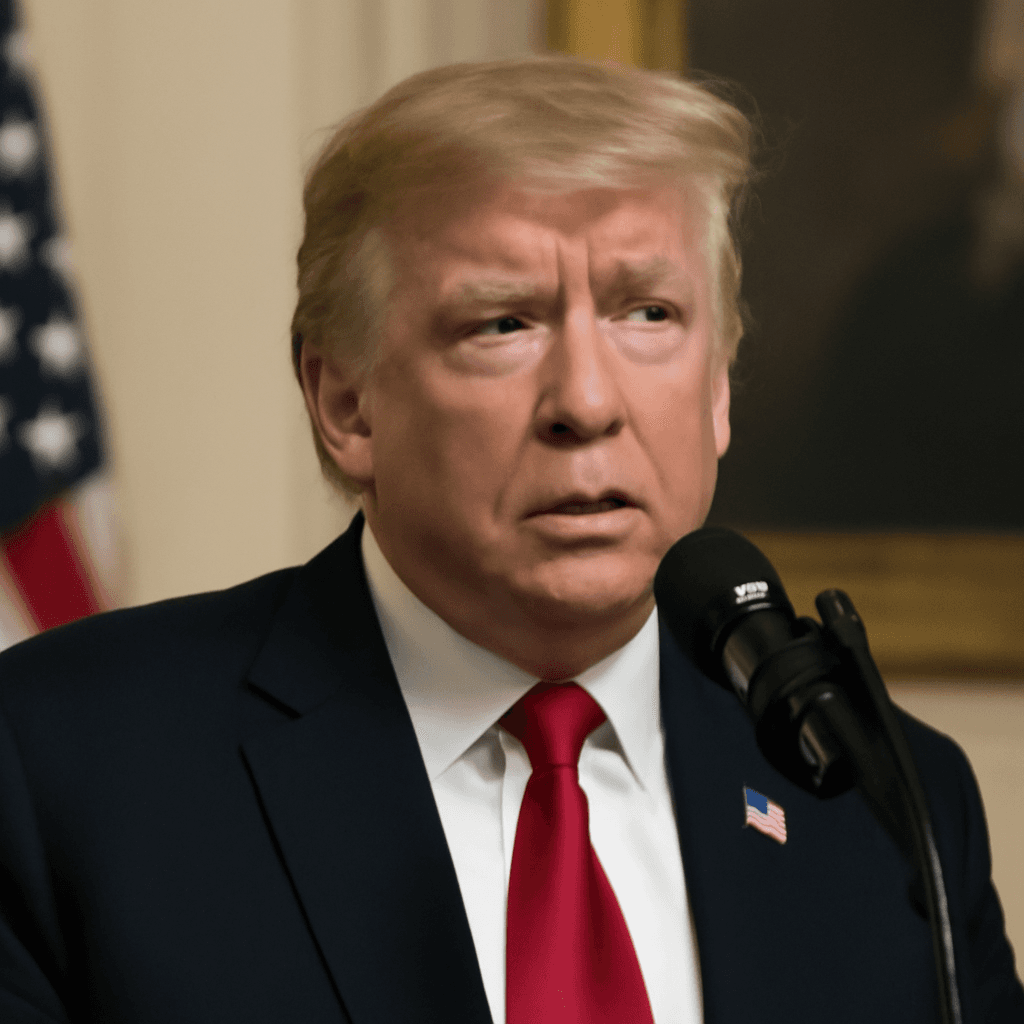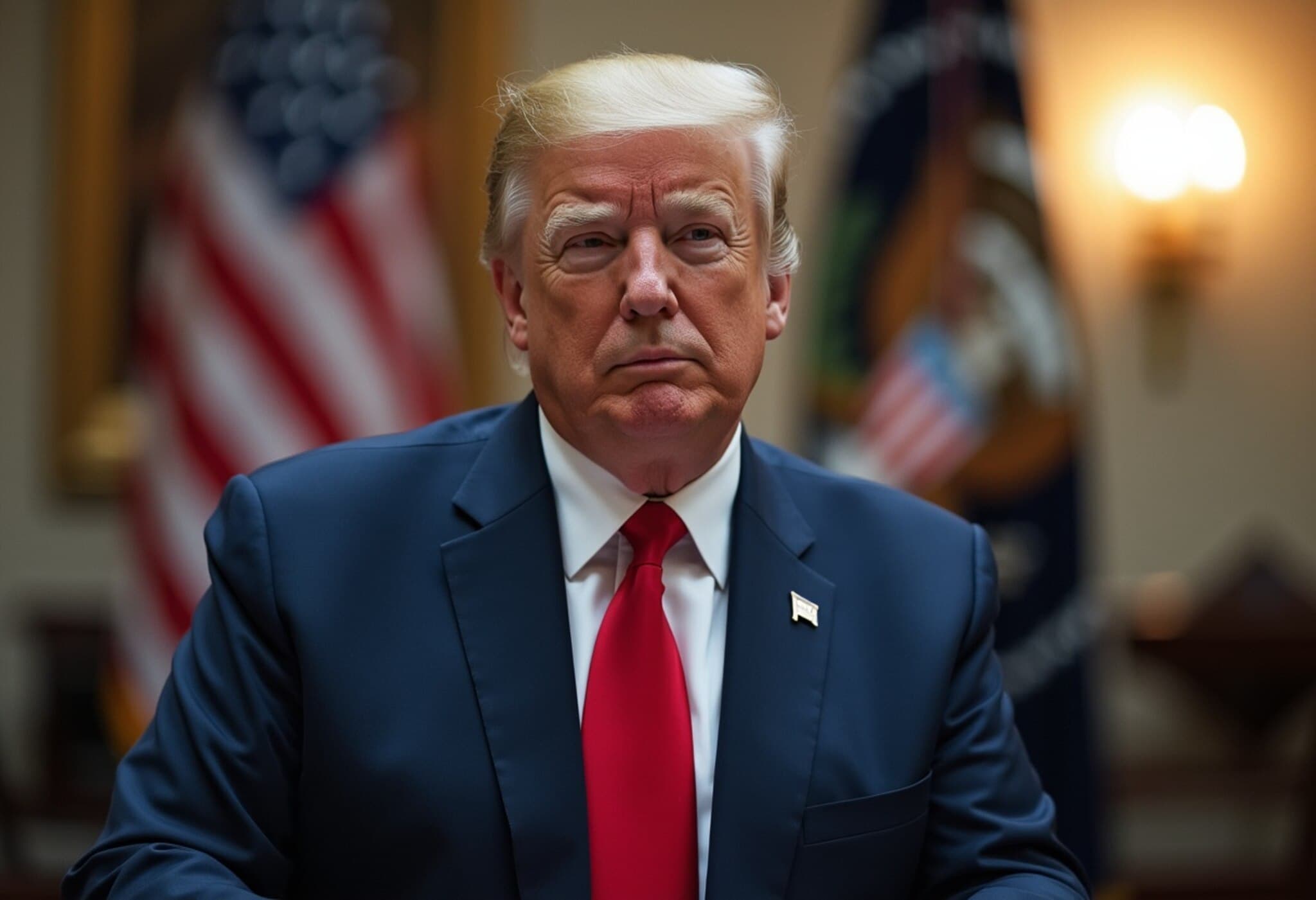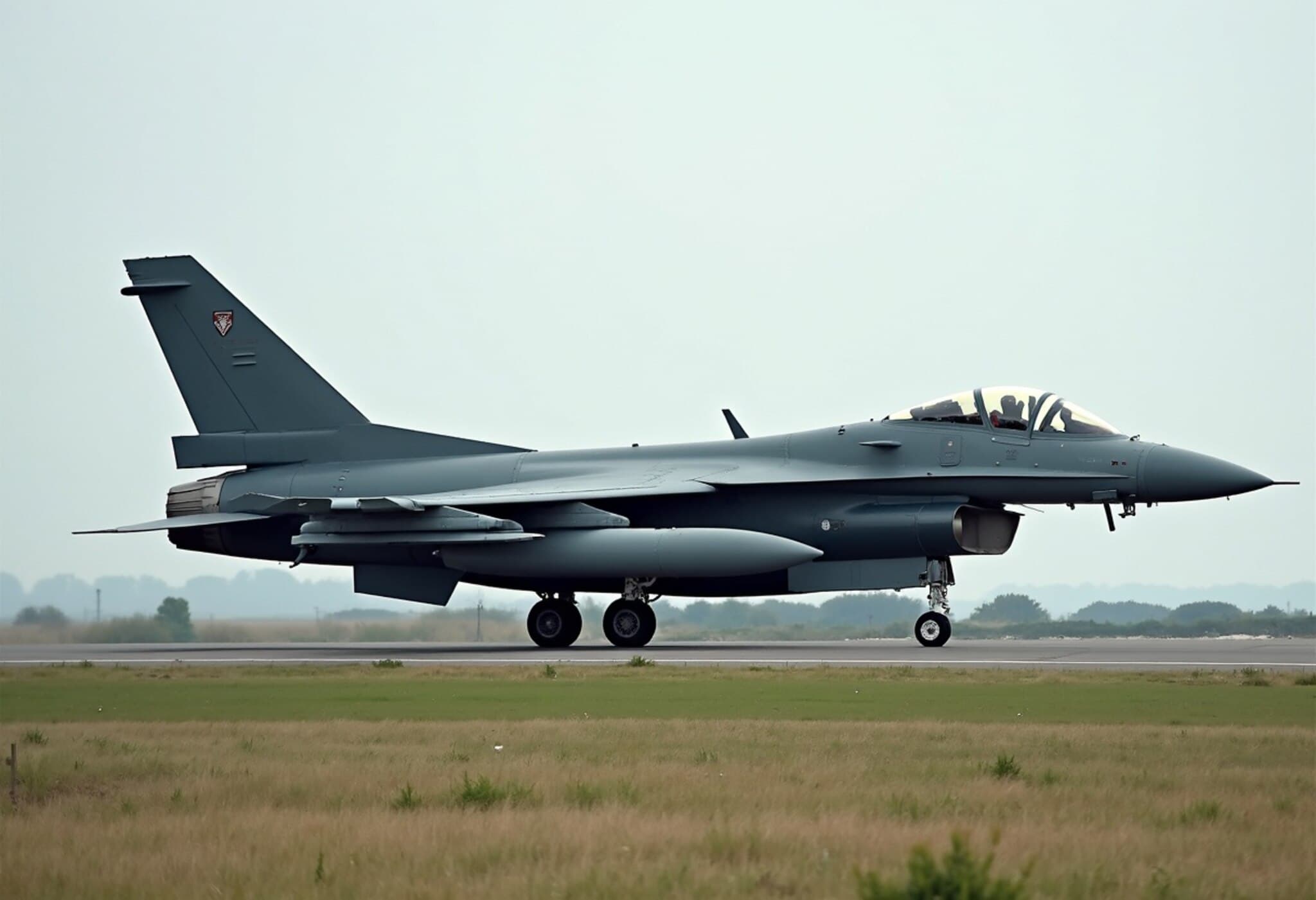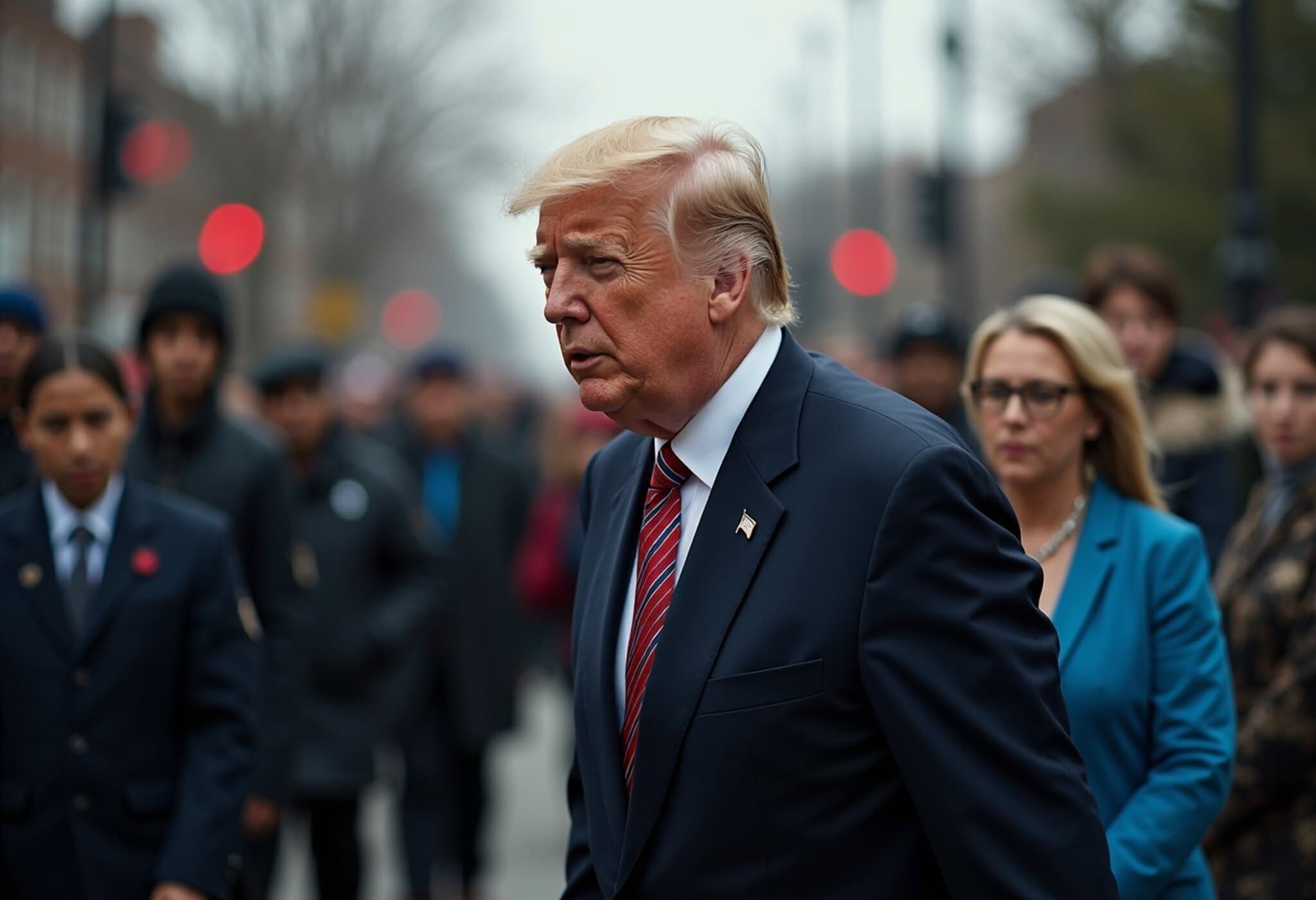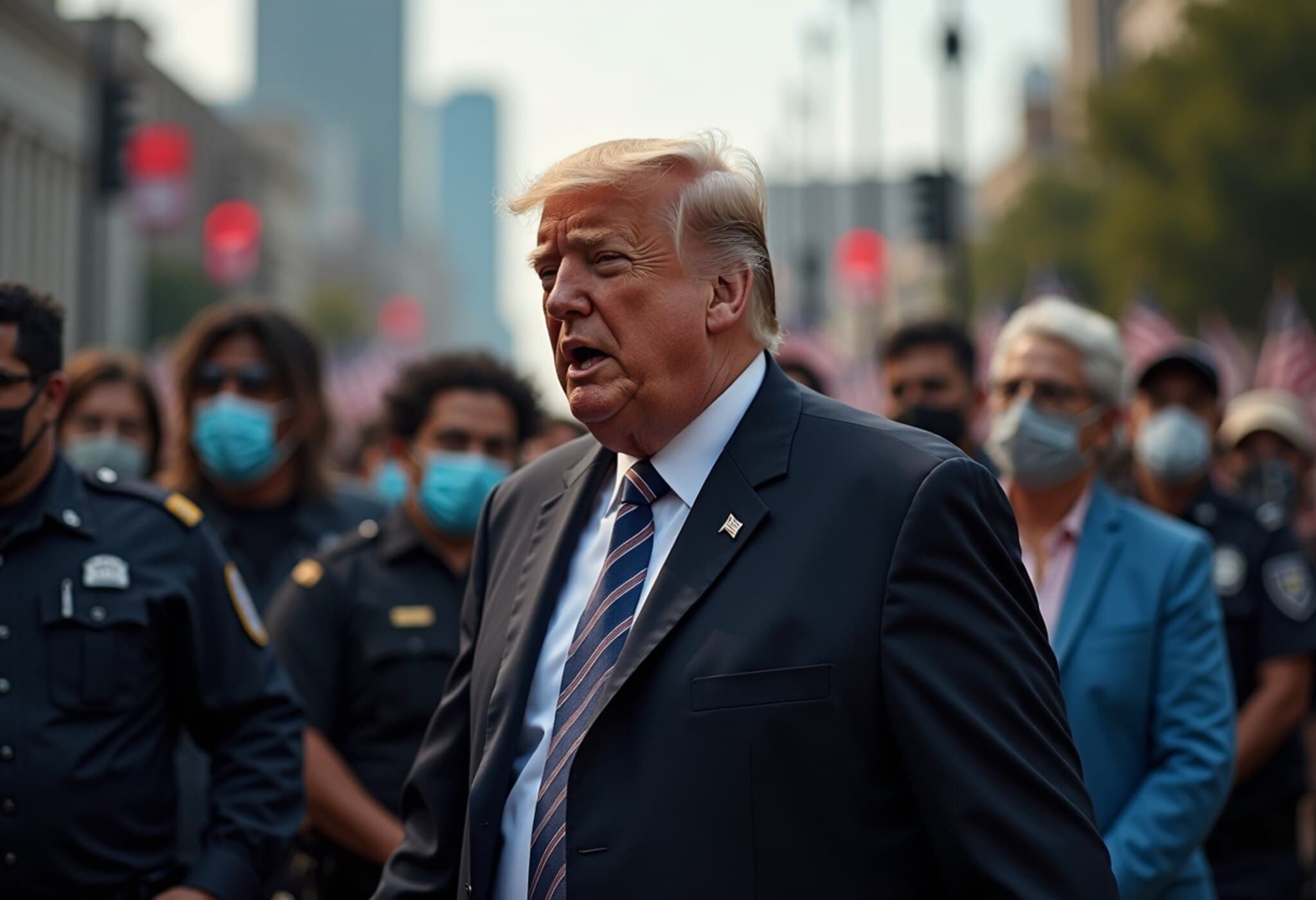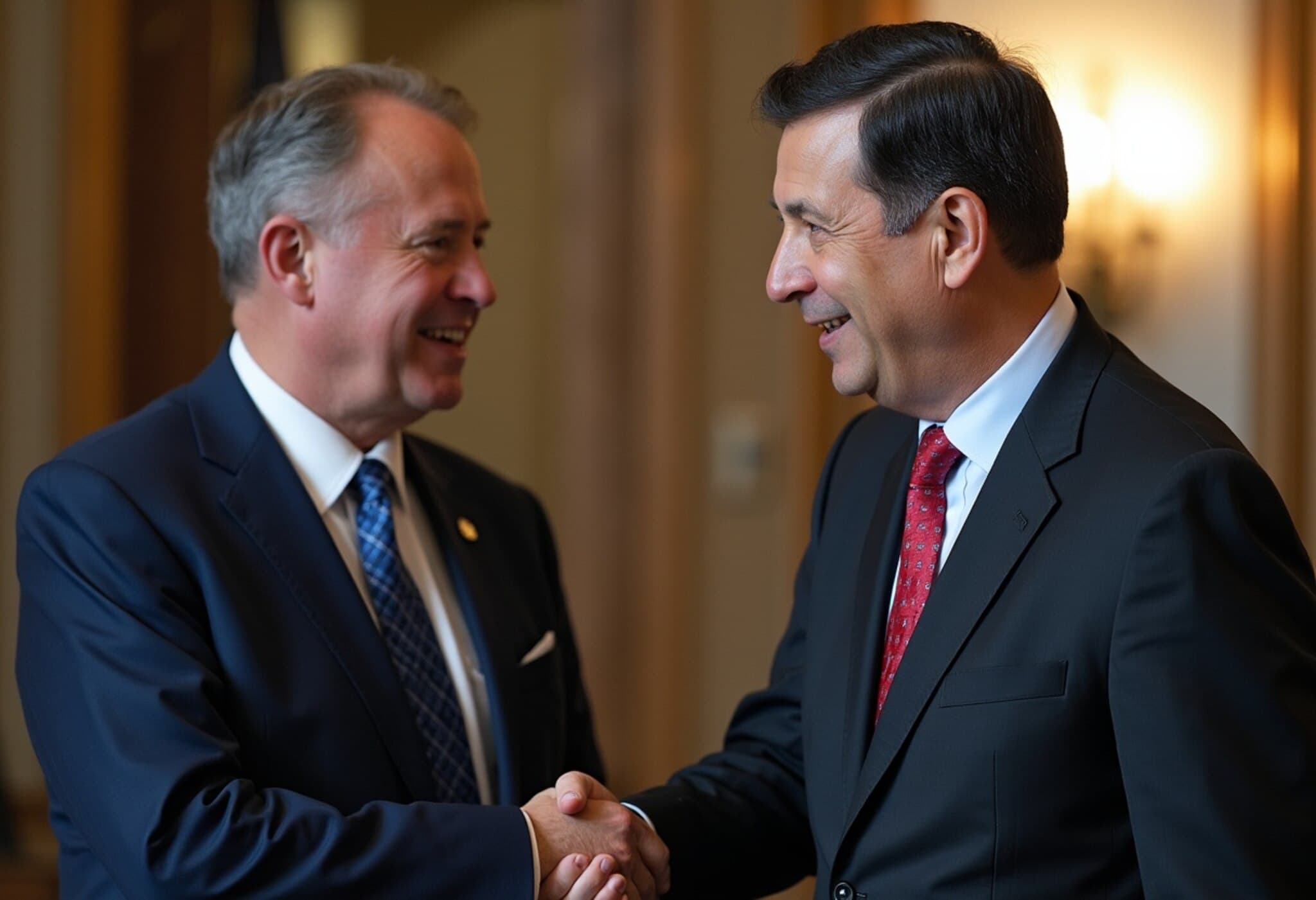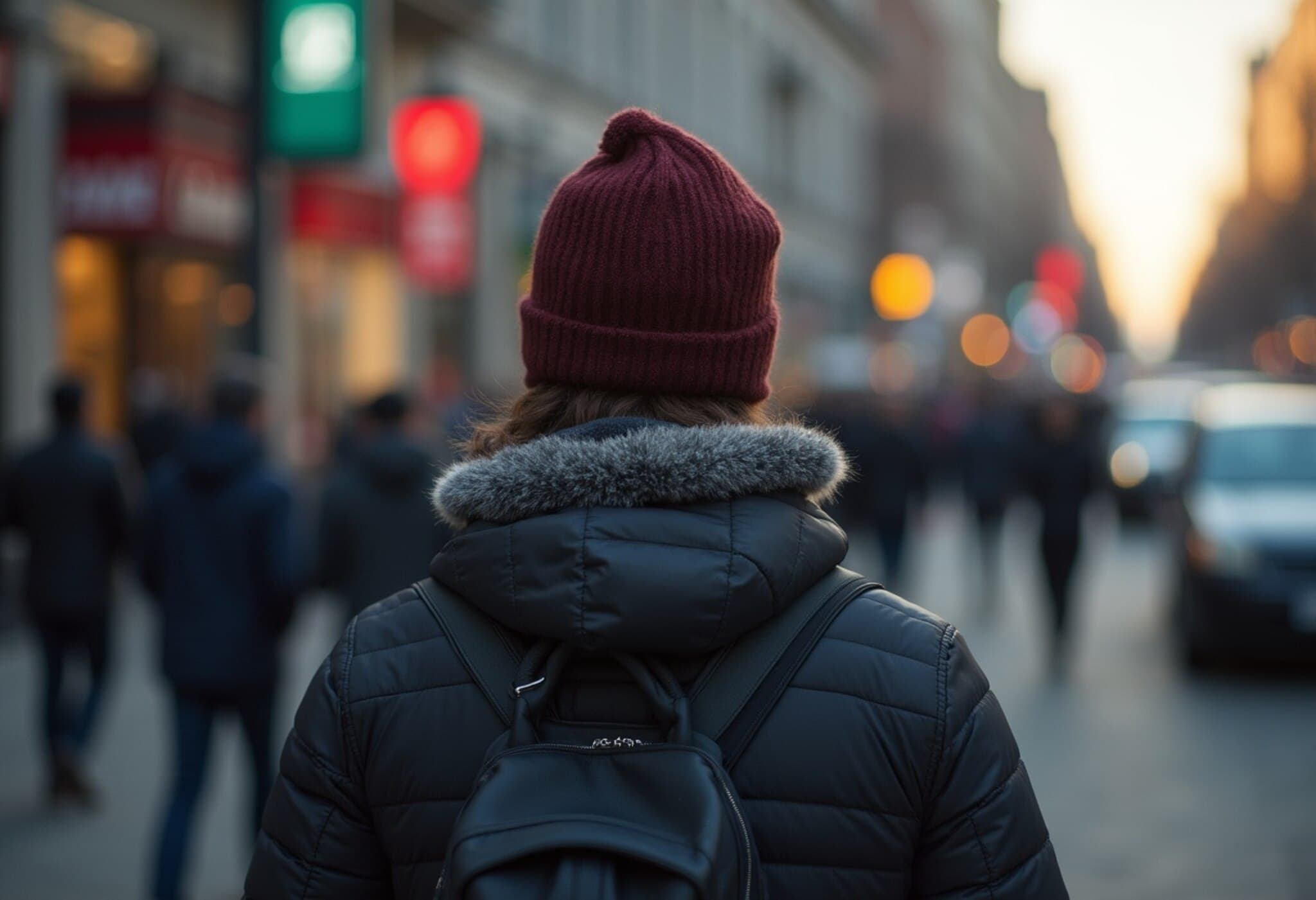Prisoner Swap Sees Transfer of Venezuelan Detainees from El Salvador to Venezuela
In a dramatic and little-known development, Venezuelan nationals who were detained in a notoriously harsh El Salvadoran prison have been flown back to Venezuela. This move was part of a high-stakes prisoner exchange orchestrated between the governments of El Salvador and Venezuela.
El Salvador’s President Nayib Bukele confirmed that the detainees, held at the Terrorism Confinement Center (CECOT) — a prison infamous for its extreme conditions — were transferred in exchange for the release of numerous Venezuelan political prisoners and all American citizens being held in Venezuela.
Details of the Prisoner Exchange
- According to a senior U.S. administration official, ten American nationals detained in Venezuela have been freed and are en route back to the United States.
- Venezuelan Interior Minister Diosdado Cabello publicly demanded the return of all Venezuelans detained abroad, specifically highlighting those detained by the United States and El Salvador.
Background: The CECOT Detentions and U.S. Immigration Policy
The men sent to CECOT were Venezuelan immigrants deported from the United States under the Alien Enemies Act of 1798, a rarely used law invoked by the Trump administration. This legal tool was employed amid accusations that these individuals had ties to Tren de Aragua (TdA), a violent Venezuelan gang labeled by the U.S. as an invading criminal force.
More than 200 men, many seeking asylum and claiming persecution fears in Venezuela, were abruptly shipped to CECOT in March 2025. Families of several detainees have consistently denied any gang affiliation and have fervently appealed for their release, describing the detentions as unjust.
Human Rights Concerns and Legal Challenges
The American Civil Liberties Union (ACLU), which filed suit against the administration's use of the Alien Enemies Act soon after the mass deportations, expressed serious concerns about the recent swap. The ACLU reported not being notified of the detainees' release and criticized the government for enabling these men to remain in harsh detention conditions for over four months without due process.
A spokesperson stated, "Assuming the rumors of the prisoner swap are accurate, the government appears to be sidestepping court rulings while these individuals languished in a notorious gulag."
The Wider Implications: U.S. Policy, Human Rights, and Geopolitics
This episode reveals the complexities and controversies at the intersection of immigration enforcement, international diplomacy, and human rights.
- Use of historic laws like the Alien Enemies Act highlights the legal gray zones exploited in contemporary immigration policy.
- The categorization of criminal gangs as invading forces shapes not only domestic policy but also international relations, especially between the U.S., El Salvador, and Venezuela.
- The case raises critical questions about the protections afforded to asylum seekers and immigrants amid geopolitical tensions.
Experts in international law and human rights emphasize the necessity for transparent procedures and adherence to due process, especially when vulnerable groups face prolonged detention under questionable charges.
Editor’s Note
This prisoner swap between the U.S., El Salvador, and Venezuela underscores the profound human cost of politicized immigration enforcement and geopolitical brinkmanship. As governments wield century-old laws and strategic exchanges, the personal stories of detainees often get lost in diplomatic maneuvering. Moving forward, there is a pressing need for clarity, accountability, and respect for human rights in handling such sensitive cases. Indeed, how can the balance between national security and individual rights be recalibrated to prevent future humanitarian concerns?


